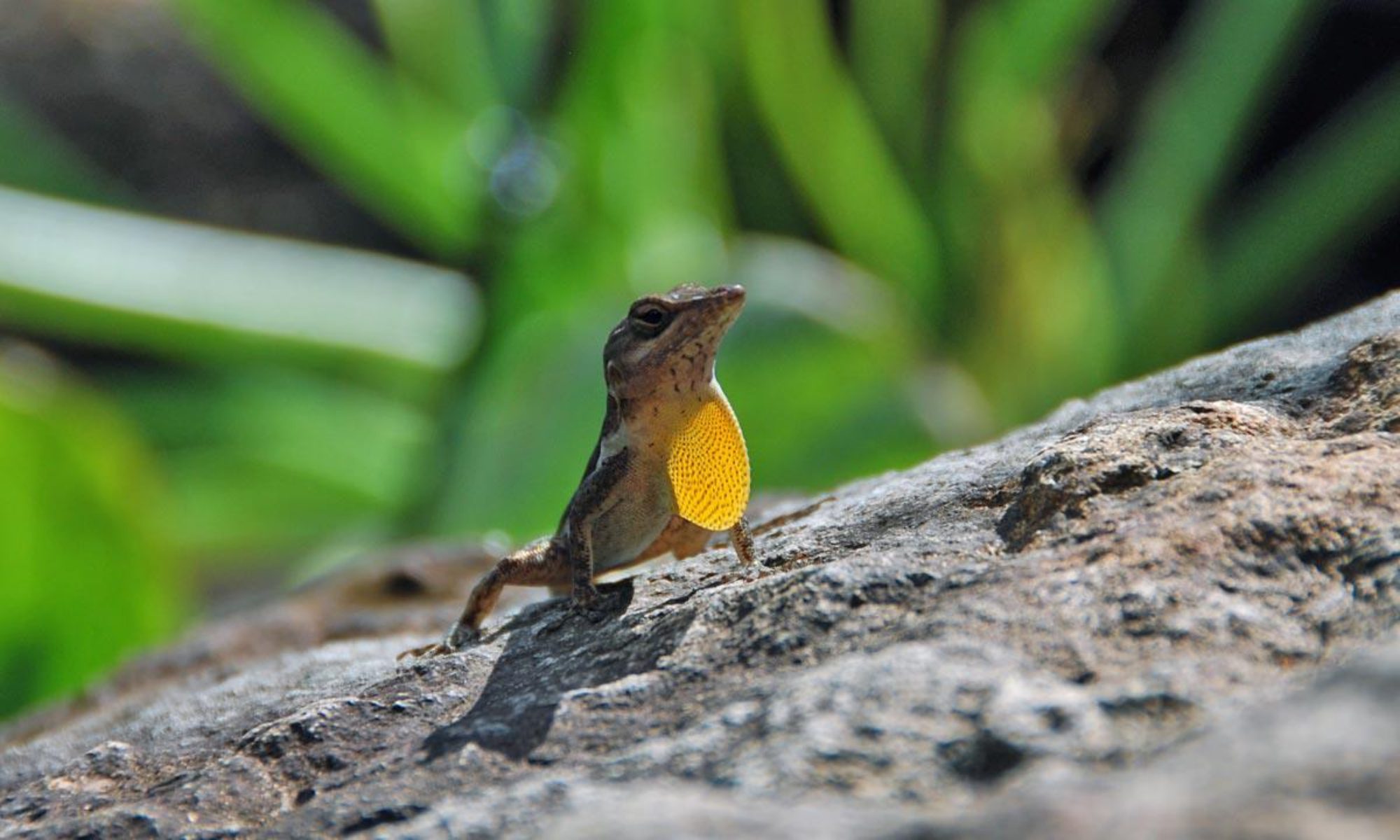Our tropical climate makes composting possible year round, but it does lead to one hurdle: how to stop food waste from fermenting before it is added to the compost pile. In cooler climates, compost collection services are common. However, in hot climates food waste should not sit at room temperature for more than a day. Bokashi composting in the tropics is perhaps the most effective solution.

Why Compost?
Compost enhances soil and protects watersheds.
Compost can filter out storm-water pollutants by 60-95%.
Compost holds 5x its weight in water,
reducing storm-water runoff.
Compost protects the climate by sequestering carbon.
What is bokashi?
Bokashi composting is an anerobic method similar to using fermentation to preserve food. You add a bokashi bran, rich in beneficial microorganisms, to food waste and keep it in an air tight environment. The environment is perfect for the beneficial microbes, so they out compete any harmful bacteria.
Using bokashi composting in the tropics also means you can process meat, bones, and dairy without attracting vermin, odors, or flies. Bokashi is fantastic for those with little to no outside space.
A bokashi bucket can be kept indoors as no odor escapes while it is sealed shut. You open it once a day to add fresh food waste and bokashi bran. The smell of the fermenting food waste can be compared to a koombucha scooby, rising dough, or even beer. While not always pleasant, it should not be offensive.
But aren’t anaerobic conditions bad?
In a compost pile, yes. In a bokashi bucket, no. The microorganisms in bokashi bran are specially suited to anerobic envoronments. Conversely, thermophilic compost is rich in microorganisms which need oxygen to thrive.
Bokashi composting in the tropics:
- Add a tablespoon (or two) of bokashi bran per inch of food waste.
- Compact each layer of food waste and bokashi bran to remove as much oxygen as possible.
- Drain the liquid lechate twice a week, and more often in very hot weather!
- Only add meat and dairy to an established bokashi bin. New bins do best with just fruit and veggies.
- White mold is good. Blue, black, or green mold signal a problem.
- Food waste can be kept in a counter-top caddy, or in a reusable container in the fridge until it is time to add it to the bokashi bin.
- Don’t open more than once a day to add food waste.
- Bokashi doesn’t need a carbon source like traditional compost, but you can add small amounts of tissues, paper towels, and cardboard.
- Bokashi is not thermophilic, therefore PLA compostable plastics should be kept out. (We are experimenting with this!)
My bokashi bin is full, now what?
Once your bokashi bucket is full, it should be sealed for two more weeks to ferment anaerobically. Upon completion, this pre-compost can be added to a traditional compost pile, buried in a garden bed, or added to a soil factory.
Simply put, a soil factory is a large container (with drainage holes) with equal amounts garden soil and bokashi pre-compost. You can mix it, or build it up in layers, but the top and bottom should be just garden soil. In 2-4 weeks the bokashi pre-compost is digested by the soil microbes and ready to use in your garden.
Alternatively, you can take your bokashi pre-compost to a community garden / composting facility or use a bucket collection service.
It is helpful to have two bokashi buckets so one can ferment while you are adding to the other one.
Sounds great, what do I need to get started?
There are instructions for DIY bokashi buckets online. Don’t forget, your bokashi bucket MUST be airtight.
Alternatively, you can buy pre-made bokashi buckets online. (Amazon link) Most buckets come with about a 3-month supply of bokashi bran.

DIY bokashi bran is possible. However, the process is quite long winded. You can buy bran in bulk. (Amazon link)

Bokashi in SXM
Would you be interested in a Bokashi composting service in SXM? Composting is a great way to reduce your environmental footprint, as 50% of the waste we create is organic. Compost services are growing in popularity worldwide because they allow those without land (or free time) to divert waste from the landfill and contribute to the local community.
This website contains affiliate links. We may be compensated (at no cost to you) should you decide to buy online using one of our links. However, for our St Maarten / St Martin visitors we encourage you to shop local, and every effort has been made to provide a local source. Please let us know if you want to be included!

